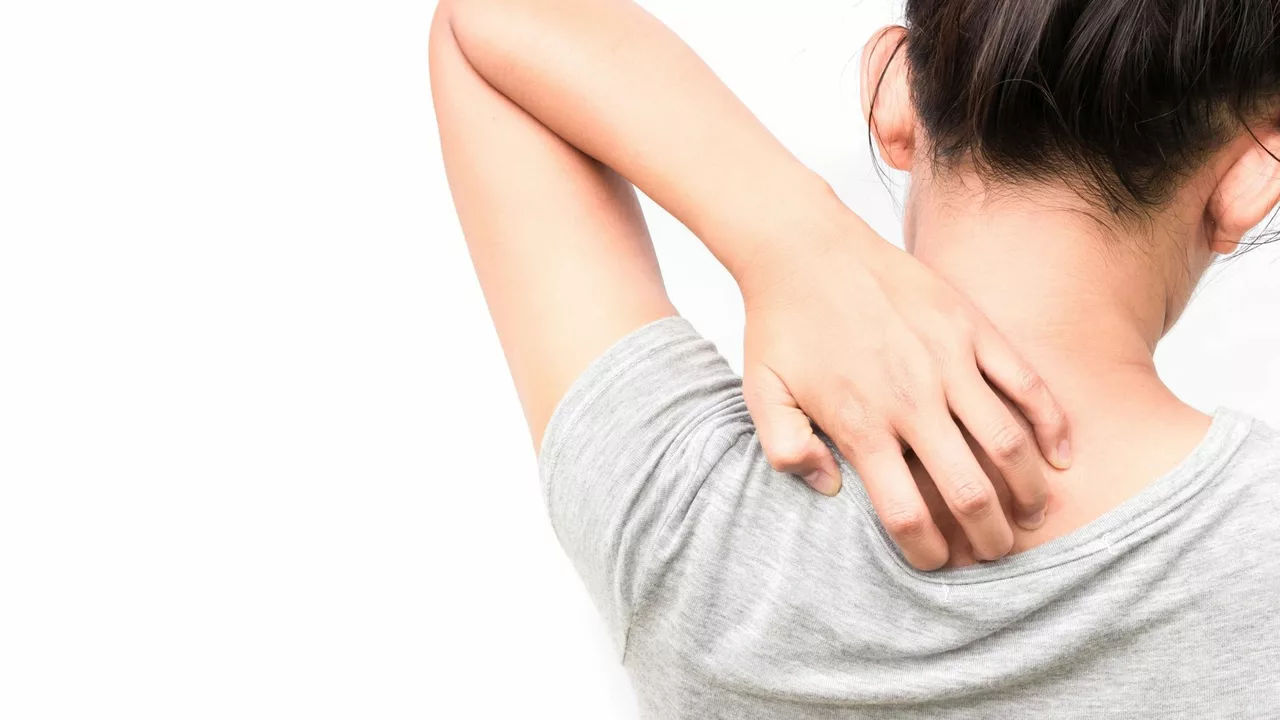Understanding Skin Irritations and Hives
Before we delve into the treatment of skin irritations and hives, it is essential to understand what they are and why they occur. Hives, also known as urticaria, are an outbreak of swollen, pale red bumps, patches, or welts on the skin that appear suddenly. These can be a result of allergies, stress, or other unknown reasons. On the other hand, skin irritations could be a result of numerous factors ranging from skin conditions like eczema or psoriasis to contact with certain substances or chemicals.
Identification of Skin Irritation and Hives
Knowing how to identify skin irritations and hives is the first step towards treatment. Hives typically appear as itchy welts on the skin and can change shape, move around, disappear and reappear over short periods. Skin irritations, however, can be a bit trickier to identify as the symptoms can greatly vary depending on the cause. They may include redness, itchiness, dryness, flaky skin, bumps, or blisters.
Common Causes of Skin Irritations and Hives
Understanding the common causes of skin irritations and hives can help in preventative measures as well as in treatment. Hives can be triggered by certain foods, medications, infections, insect bites, and even exposure to sun or temperature extremes. Similarly, skin irritations could be caused by certain soaps, detergents, fabrics, cosmetics, plants, or other allergens.
Home Remedies for Hives and Skin Irritations
There are several home remedies that can provide relief from hives and skin irritations. These include applying a cool compress, taking a warm oatmeal bath, using over-the-counter antihistamines, and applying aloe vera gel. Remember, these remedies are meant to provide temporary relief, and it's important to seek medical attention if your symptoms persist or worsen.
Professional Treatments for Skin Irritations and Hives
When home remedies aren't enough, it may be time to seek professional help. Doctors and dermatologists can provide a range of treatments such as prescription medications, allergy shots, or even light therapy. They can also help in identifying the cause of your skin irritation or hives, which is crucial in preventing future outbreaks.
Prevention of Skin Irritation and Hives
Preventing skin irritations and hives is always better than treating them. This could involve avoiding known allergens, using gentle skin care products, wearing protective clothing, maintaining a healthy diet, and managing stress levels. You can also keep a symptom diary to help identify potential triggers and discuss them with your healthcare provider.
Lifestyle Changes to Manage Skin Irritations and Hives
Lifestyle changes can play a significant role in managing skin irritations and hives. This could involve maintaining a healthy diet, regular exercise, adequate hydration, and proper sleep. Stress management is also crucial as it can often trigger or exacerbate skin conditions. This could involve techniques like yoga, meditation, or other relaxation practices.
When to Seek Medical Attention
It's important to know when to seek medical attention for your skin irritations or hives. If your symptoms persist despite home remedies, or if they are accompanied by other symptoms like difficulty breathing, dizziness, or swelling of the mouth or throat, it's crucial to seek immediate medical attention. Remember, your health should always be your top priority.


Oh my god I had a hive outbreak last month that lasted 17 days and I swear it felt like my skin was being slowly devoured by tiny angry fairies. I tried everything-cold showers, ice packs, even that weird CBD cream my cousin swore by from Colorado. Nothing worked until I stopped eating gluten and started drinking moonwater infused with rose quartz crystals. Yes, I know it sounds insane but my dermatologist was speechless when my skin cleared up. It’s not just about chemicals, it’s about your energy field. Your body is a temple, not a lab rat.